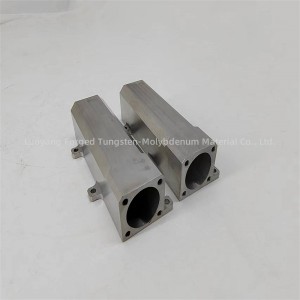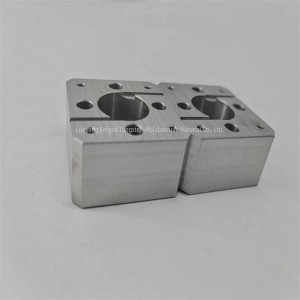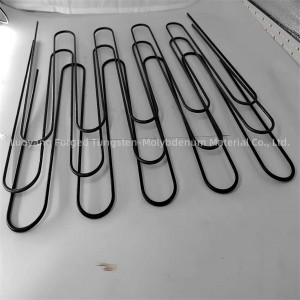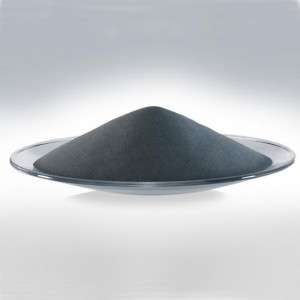niobium strip niobium foil for Sintering Furnace
Niobium strip is a metal material with high purity (≥ 99.95%), and its main characteristics include high temperature resistance and corrosion resistance. The density of niobium strip is 8.57g/cm ³, and its melting point is as high as 2468 ℃. These characteristics make it widely used in fields such as chemistry, electronics, aviation, and aerospace. The specifications of niobium strips are diverse, with thickness ranging from 0.01mm to 30mm and width up to 600mm, which can be customized according to specific needs. The production process of niobium strip mainly includes rolling, which ensures the purity and performance of niobium strip.
|
Thickness |
Tolerance |
Widthness |
Tolerance |
|
0.076 |
±0.006 |
4.0 |
±0.2 |
|
0.076 |
±0.006 |
5.0 |
±0.2 |
|
0.076 |
±0.006 |
6.0 |
±0.2 |
|
0.15 |
±0.01 |
11.0 |
±0.2 |
|
0.29 |
±0.01 |
18.0 |
±0.2 |
|
0.15 |
±0.01 |
30.0 |
±0.2 |
1. Our factory is located in Luoyang City, Henan Province. Luoyang is a production area for tungsten and molybdenum mines, so we have absolute advantages in quality and price;
2. Our company has technical personnel with over 15 years of experience, and we provide targeted solutions and suggestions for each customer's needs.
3. All of our products undergo strict quality inspection before being exported.
4. If you receive defective goods, you can contact us for a refund.

1. raw material preparation
2. Forging
3. roll down
4. anneal
5. Refine
6. Subsequent processing
Molybdenum targets are commonly used in X-ray tubes for medical imaging, industrial inspection, and scientific research. Applications for molybdenum targets are primarily in generating high-energy X-rays for diagnostic imaging, such as computed tomography (CT) scans and radiography.
Molybdenum targets are favored for their high melting point, which allows them to withstand the high temperatures generated during X-ray production. They also have good thermal conductivity, helping to dissipate heat and extend the life of the X-ray tube.
In addition to medical imaging, molybdenum targets are used for non-destructive testing in industrial applications, such as inspecting welds, pipes and aerospace components. They are also used in research facilities that use X-ray fluorescence (XRF) spectroscopy for material analysis and elemental identification.







The sintering temperature of niobium can vary depending on the specific application and the material being processed. In general, niobium has a relatively high melting point of 2,468 degrees Celsius (4,474 degrees Fahrenheit). However, niobium-based materials can be sintered at temperatures below the melting point, which typically ranges from 1,300 to 1,500 degrees Celsius (2,372 to 2,732 degrees Fahrenheit) for most sintering processes. It is worth noting that the exact sintering temperature of niobium-based materials depends on the specific composition and sintering process requirements.
The thickness range of niobium foil is between 0.01mm and 30mm, indicating that niobium strips can be customized with different thicknesses according to specific usage requirements. In addition, there are other sizes of niobium sheets and strips available for selection, indicating that in addition to thickness, other size parameters such as the width of the niobium strip can also be adjusted as needed.
Niobium is not inherently magnetic at room temperature. It is considered a paramagnetic material, meaning it does not retain a magnetic field when an external magnetic field is removed. However, niobium can become weakly magnetic when exposed to extremely low temperatures or alloyed with other elements. Niobium in its pure form is typically used not for its magnetic properties but for its excellent resistance to high temperatures and corrosion, making it valuable in a variety of industrial and scientific applications.












